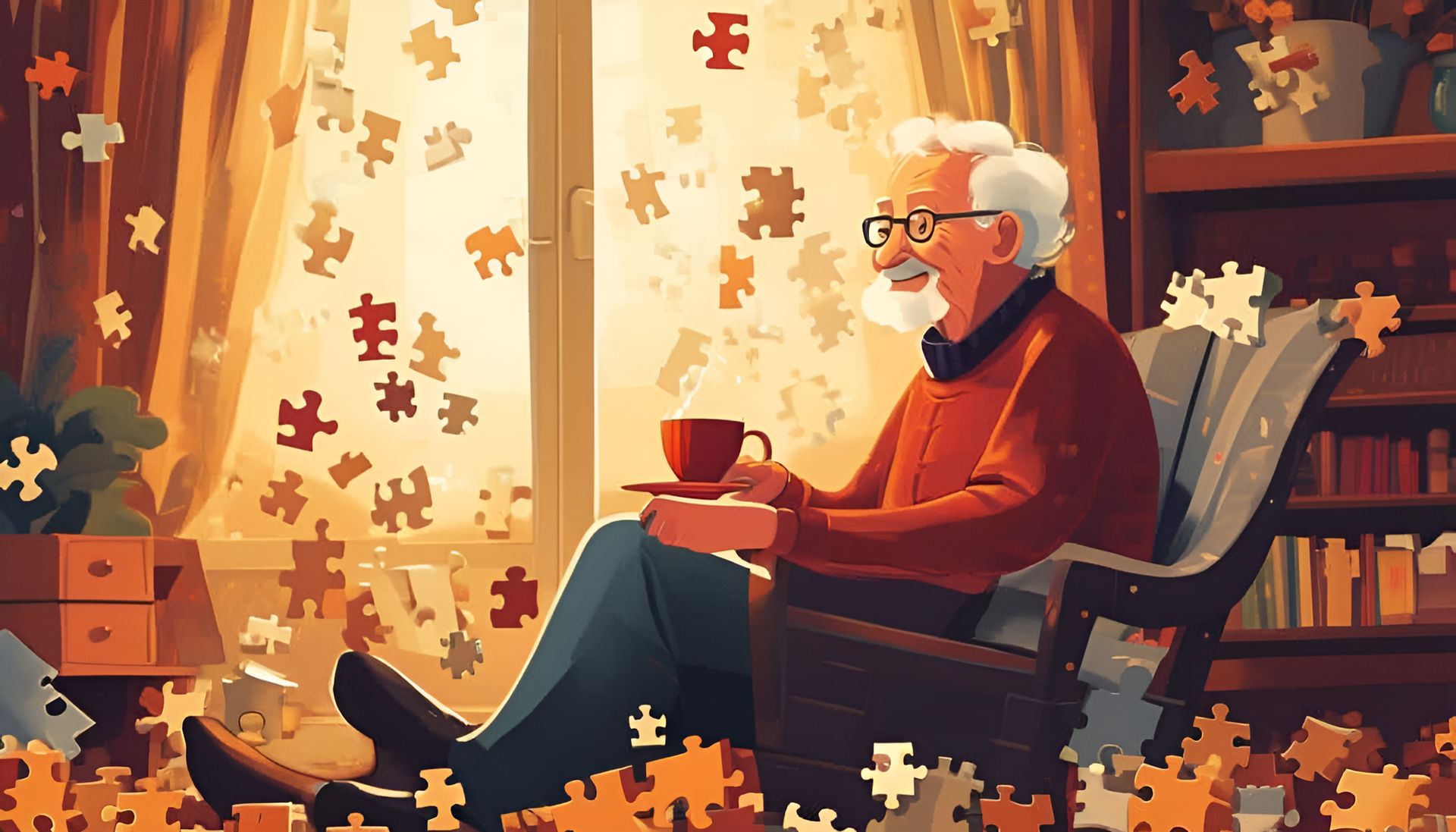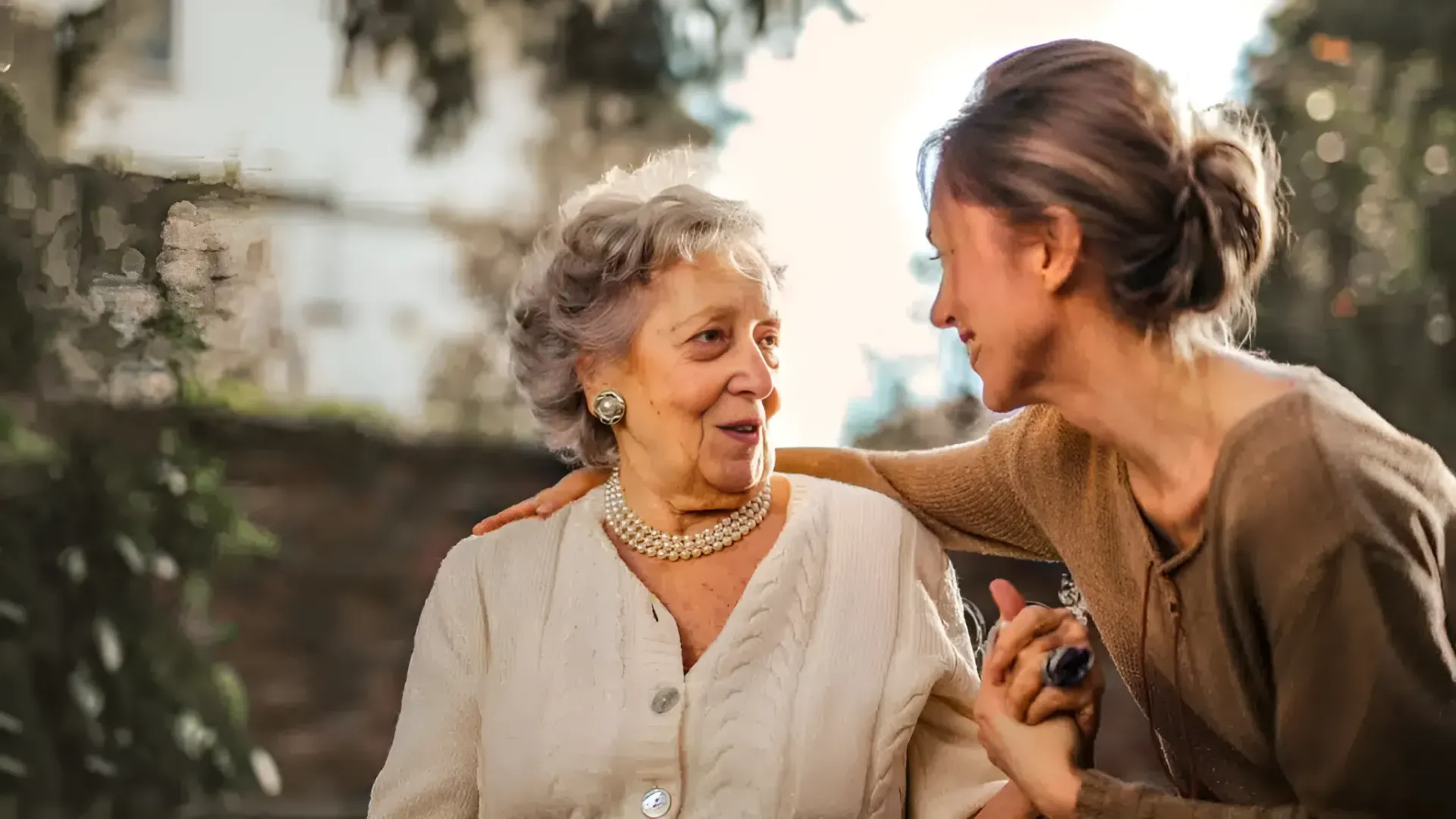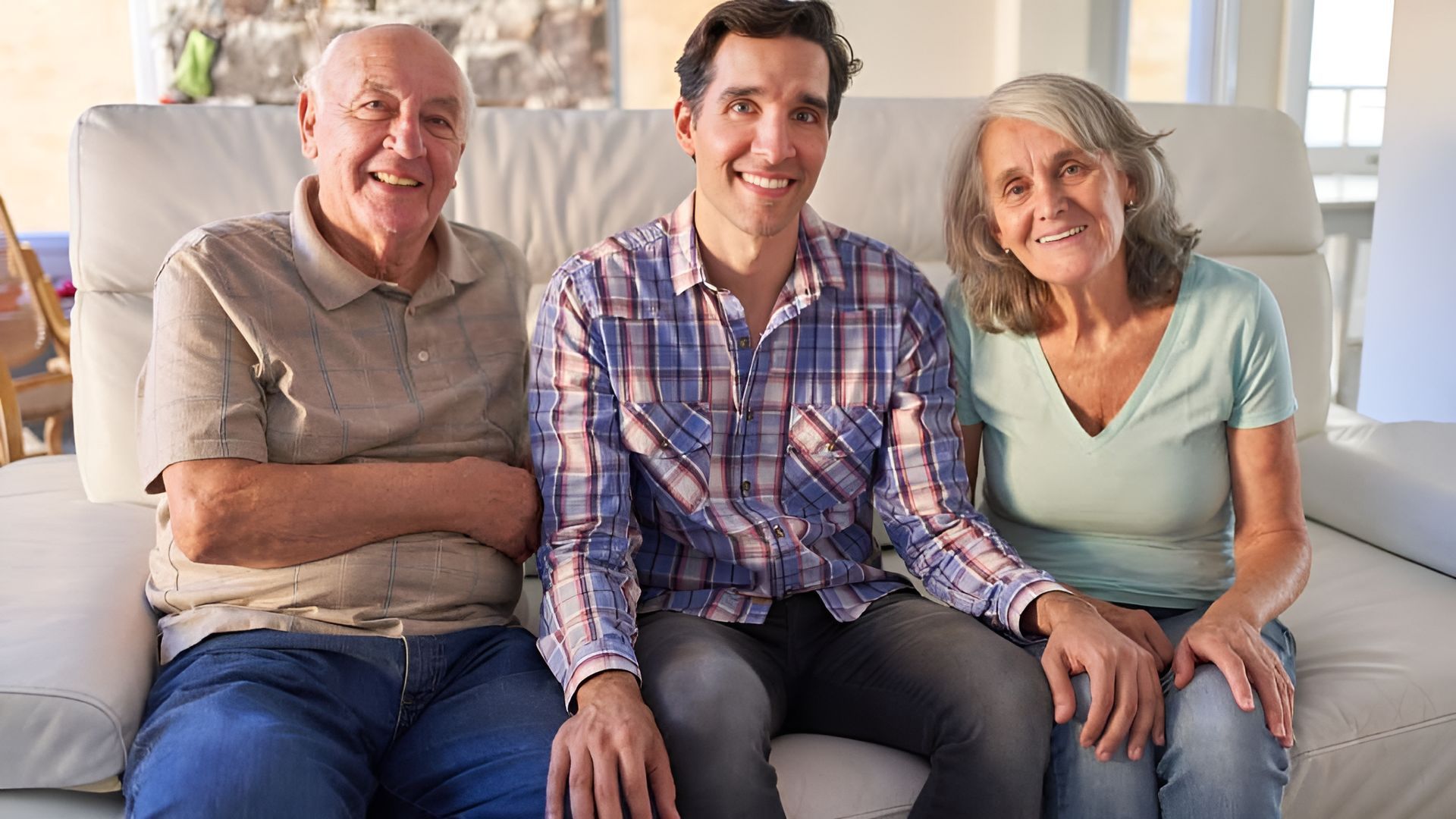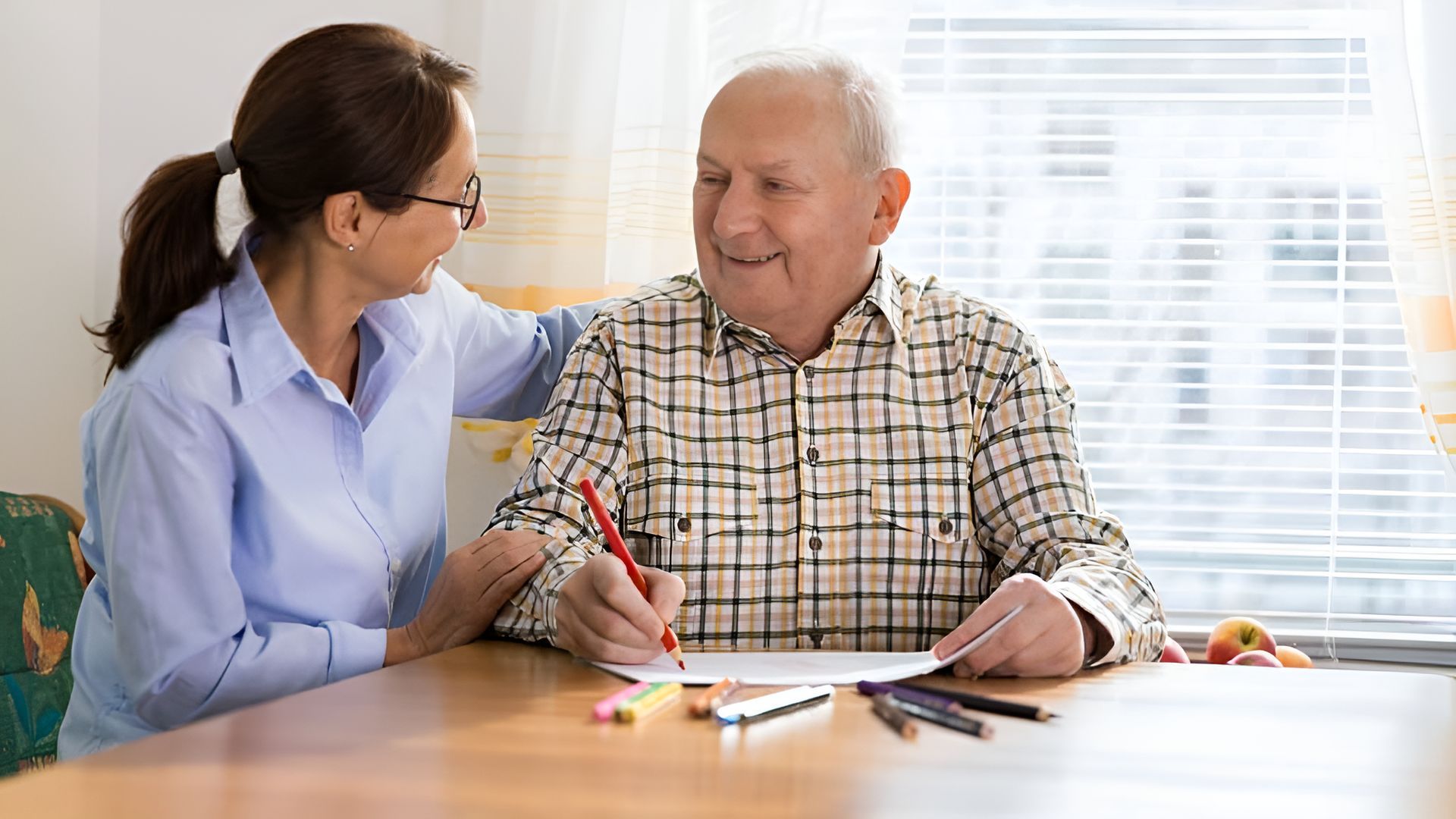Surprising Benefits of Crossword Puzzles for the Elderly

As you age, you might assume your cognitive abilities will inevitably decline. However, engaging in activities like crossword puzzles, specifically designed to cater to the needs of elderly individuals, can significantly impact your mental well-being. These puzzles do more than challenge your vocabulary; they can improve your memory, delay the onset of dementia, and even reduce the risk of depression. The benefits don’t stop there – solving crosswords can boost your self-esteem and provide a sense of accomplishment. But what else can these puzzles do for you, and how can you maximize their benefits?
Enhanced Memory and Recall
As you tackle crossword puzzles, you’re exercising your brain and enhancing your memory and recall capabilities, improving your ability to absorb and retain information. This is because crosswords challenge your brain to retrieve information from memory, strengthening the connections between neurons and promoting neural plasticity. As a result, you’ll experience improved verbal fluency, enabling you to express yourself more effectively and articulate your thoughts more easily.
Regularly engaging with crossword puzzles also enhances mental agility, allowing you to process and retrieve information from memory quickly. This, in turn, helps you to stay focused and mentally sharp, even in the face of distractions or complex mental tasks. The cognitive benefits of crossword puzzles can also extend to everyday life, making it easier to remember important dates, appointments, and tasks.
Delayed Onset of Dementia
By challenging your brain with crossword puzzles, you may delay the onset of dementia. Research suggests that mentally stimulating activities can build cognitive reserve, reducing the risk of cognitive decline. Engaging in mentally demanding tasks, such as solving crossword puzzles, can help create a buffer against age-related mental decline. This is especially important for the elderly, as dementia is a significant public health concern.
Here are some ways that crossword puzzles can help delay the onset of dementia:
1. Brain stimulation: Crossword puzzles provide a challenging and engaging way to stimulate your brain, building cognitive reserve and reducing the risk of cognitive decline.
2. Social engagement: Completing crossword puzzles can be a social activity, not only encouraging interaction with others but also fostering a sense of community and belonging. This can be particularly beneficial for elderly individuals, as it helps to prevent feelings of loneliness and isolation.
3. Cognitive flexibility: Crossword puzzles require multiple cognitive skills, such as attention, memory, and problem-solving, helping to build cognitive flexibility.
4. Neuroplasticity: By challenging your brain with crossword puzzles, you can stimulate neuroplasticity, the brain’s ability to reorganize and adapt to new experiences.
Reduced Risk of Depression
You can reduce your risk of depression by challenging your brain with crossword puzzles, which provide a mentally stimulating activity that can help alleviate symptoms of depression. As you engage in this activity, you’ll experience a sense of accomplishment and pride, boosting your mood and overall well-being. Additionally, crossword puzzles can help you establish social connections, whether working on puzzles with friends or joining a puzzle group. This social interaction is essential for combating depression, as social isolation can exacerbate symptoms.
Furthermore, crossword puzzles are a mood booster, providing a healthy distraction from negative thoughts and emotions. By focusing on the puzzle, you’ll shift your attention away from depressive thoughts, replacing them with a sense of purpose and fulfillment. As you continue to challenge yourself with crossword puzzles, you’ll better understand resilience, better equipping you to cope with life’s challenges and reducing your risk of depression.
Boosted Self-Esteem and Confidence
Regularly tackling crossword puzzles can bolster your self-esteem and confidence, as the sense of accomplishment and pride that comes with completing a challenging puzzle instills a feeling of empowerment and capability. As you conquer puzzle after puzzle, you’ll start to feel more capable and self-assured, which can profoundly impact your daily life.
Here are some ways crossword puzzles can boost your self-esteem and confidence:
1. Social connections: Solving crosswords with friends or family members can strengthen social bonds and create opportunities for social interaction, which is essential for emotional well-being.
2. Emotional fulfillment: The sense of accomplishment from completing a puzzle can provide a natural high, boosting your mood and overall emotional fulfillment.
3. Improved problem-solving skills: Mastering crosswords requires critical thinking and problem-solving skills, which can translate to other areas of life, further enhancing your confidence.
4. Cognitive growth: As you challenge yourself with increasingly complex puzzles, you’ll experience cognitive growth, leading to greater self-efficacy and confidence in your abilities.
| ASPECT | INDEPENDENT LIVING | ASSISTED LIVING |
|---|---|---|
| Level of care provided | Focuses on social needs and independence; limited medical and supportive care services. | Provides assistance with activities of daily living (ADLs) and access to medical and supportive care services. |
| Cost structure | Requires an entrance fee and monthly fee for maintenance and amenities. | Rental-based with monthly fees covering services and personal care assistance. |
| Community design | Large campuses with multiple buildings spread out, offering more space and distance between residences. | Smaller footprint with most resident needs provided within the building, including memory care programs for individuals with cognitive impairments. |
| Family involvement | Primarily resident-driven decisions with encouragement for family involvement in the community. | Active family involvement, especially for residents with dementia, including participation in care planning processes. |
| Amenities and programming | Flexibility in dining options and programming. | All-inclusive meals and tailored programming, particularly in memory care programs. |
Frequently Asked Questions
Can Elderly Individuals With Dementia Still Benefit From Crossword Puzzles?
Engaging in crossword puzzles can stimulate memory, which helps build cognitive reserve. This reserve can help compensate for age-related cognitive decline, even in individuals with dementia.
Are Digital Crossword Puzzles as Effective as Printed Ones for Seniors?
Research suggests that digital preference plays a significant role, as some seniors are more comfortable with digital devices.
However, accessibility concerns arise, such as eye strain and navigation difficulties. Despite this, many digital platforms offer customizable font sizes and audio assistance, making them a viable option for seniors who prefer digital or have trouble handling physical puzzles.
How Often Should Elderly Individuals Solve Crosswords for Optimal Benefits?
Establishing a consistent schedule is key. Aim to solve puzzles at the same frequency every week, whether daily, three times a week, or weekly.
Consistency is more important than puzzle frequency. Aim for a routine that you can realistically maintain and adjust as needed.
Can Crossword Puzzles Help With Anxiety in the Elderly Population?
Engaging in crossword puzzles can calm minds and relieve stress, which is essential for managing anxiety.
Are Crossword Puzzles Suitable for Elderly Individuals With Visual Impairments?
The answer is yes, with some adaptations. Look for extensive print options or digital versions with adjustable font sizes to accommodate your vision needs.
Additionally, consider using tactile aids like raised-line puzzles or Braille puzzle books. Despite visual limitations, these modifications can help you enjoy the cognitive benefits of crosswords.
Conclusion
As you engage in crossword puzzles, you’re challenging your mind and investing in your overall well-being. By stimulating blood flow to the brain and strengthening neural connections, you’re improving cognitive function, enhancing memory and recall, and delaying the onset of dementia.
You’ll also reduce your risk of depression, boost your self-esteem, and experience a sense of accomplishment. So, grab a pen and puzzle, and give your mind—and overall health—a boost.










